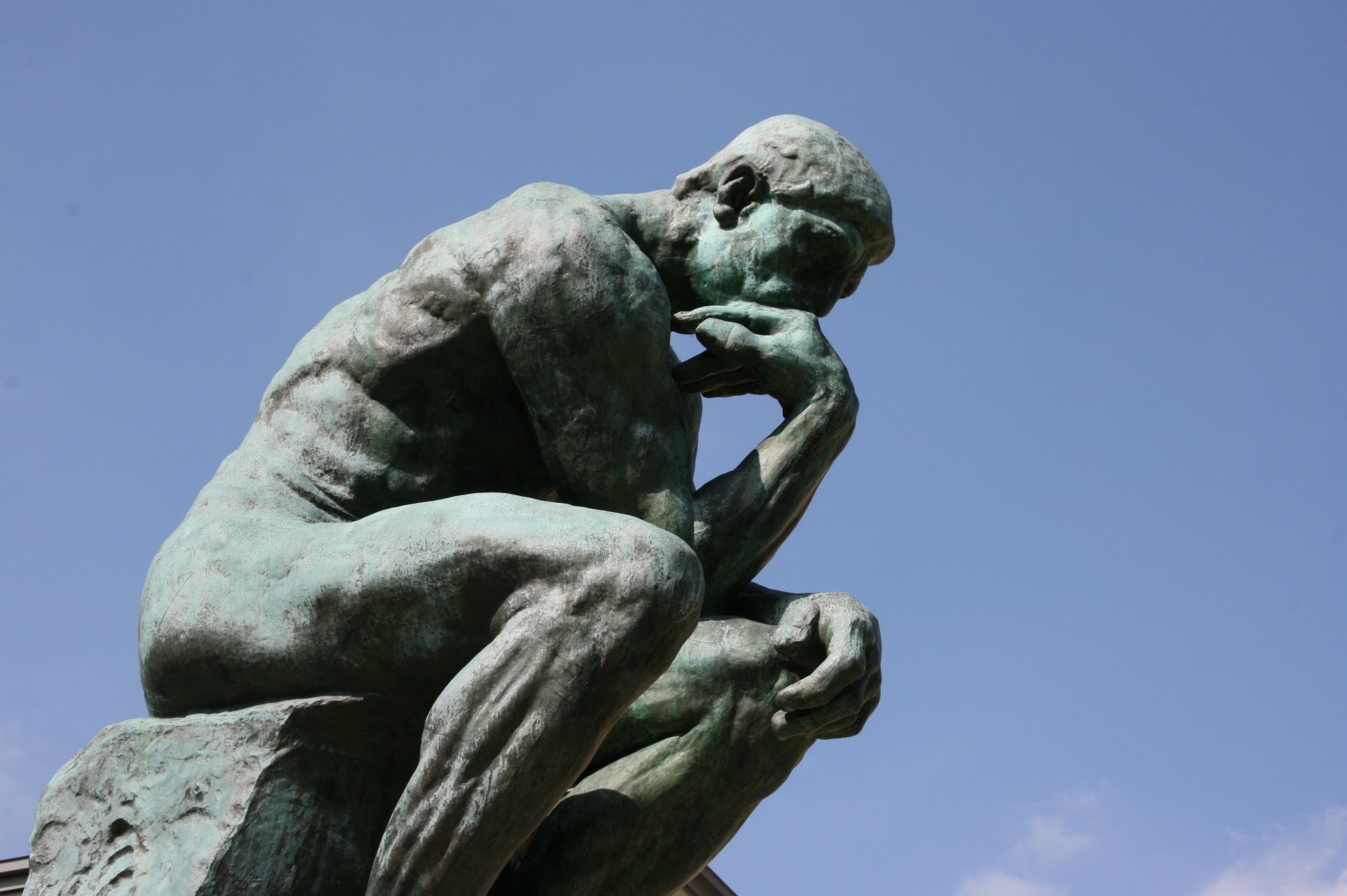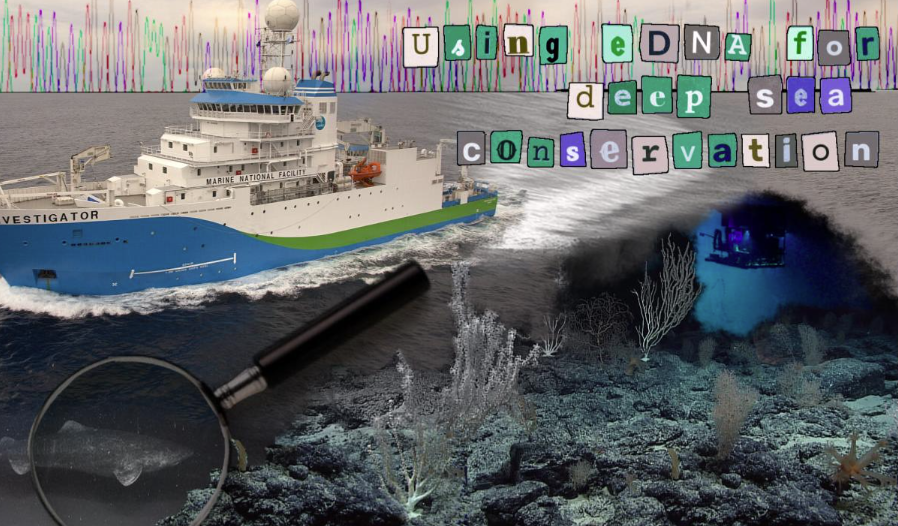Catherine James is a Runner Up for the Michaelmas Term 2022 Schools Science Writing Competition, writing under the theme of ‘To what extent are the Humanities important to scientists?’ You can read more about our category winners and runners-up here.
By Catherine James
Year 10, Lady Eleanor Holles School
Science is the systematic study of the structure and behaviour of the physical and natural world. It relies on testable predictions, controlled experiments, mathematical models, quantifiable data, and objectivity. Humanities comprise academic disciplines which focus on human society and culture, exploring moral issues and fuelling our understanding of the intricacies and complexities of humanity. They include languages, literature, philosophy, history, anthropology, law, politics, religion, music, and art. Whilst definitions and academic rhetoric differentiate these two disciplines as divergent and mutually exclusive, history attests to their intimate connection and the significant advantages of their interdependence on intellectual enquiry.
Historically, our great scientists have masterfully interwoven scientific discoveries with humanities. Sir Isaac Newton created the laws of motion, universal gravitation, and calculus, whilst also mastering Latin, Classical Philosophy and Theology. Pythagoras advanced mathematic geometrical theory whilst studying Music, Astronomy, Philosophy and Metaphysics, whilst Aristotelianism, Platonism, and later schools excelled at Metaphysics, Ethics, and Morality alongside Maths, Cosmology, and Philosophy.
In the COVID-pandemic, society’s dependence on both sciences and humanities has been clear. Whilst scientists held centre-stage, with humanity’s hopes resting on their vaccine research, music, arts, and literature, provided solace, wisdom and meaning amidst the chaos, creating empathy, resilience, and cohesion to endure this global crisis. The immeasurable positive impact of humanities on health, and their capacity to enrich society, has been clear. Humanities have helped scientists withstand difficult times and have facilitated societal adaptation through historical pandemic analysis.
So why are sciences and humanities so inextricably interwoven? Fundamental sciences: matter, motion, energy, elementary particles, and quantum states are facts that do not relate directly to humanity, yet the consequences of such scientific discoveries, and the moral responsibilities of their application, are vitally dependent on the humanities. In the absence of humanities, sciences may lead to Faustian bargains, violence, or harm, with genocide due to nuclear bombs or Zyklon B, poignant recent examples.
Firstly, humanities provide vital insights into the moral, ethical, political, and ideological forces, which shape societal impacts of sciences, adding aesthetic values, altruism, compassion, charity, generosity, civil, and cultural responsibility, essential to life. They guard against discrimination, fostering equality, justice, and societal cohesion.
Secondly, humanities are subversive, introducing uncertainty, doubt, and scepticism for scientists, reminding them to question their beliefs, reality, and humanity, override their sense of scientific certainty, consider broader perspectives, and avoid self-delusion. They engender critical reflection, creative thinking, and adaptability, promoting accurate analysis of complex, imperfect data, sceptical appraisal of evidence and balanced conclusions.
Ignoring humanities, history, or ethical values causes scientists to hold narrow perspectives, view facts alone, override reason, and produce societal chaos.
Furthermore, humanities make sciences usable. Pandemic cures are of little use without linguists, anthropologists, and lawyers to make the sciences work practically, bring the product to market, and win the trust of people. Populism today greatly threatens trust in scientific expertise, and humanities are thus needed, more than ever before, to communicate the value of scientific research. Humanities provide language to capture and convey scientific ideas clearly and understanding of foreign culture to facilitate global collaboration, exchange, and scientific application. Indeed, the solutions to global scientific challenges e.g., climate change will demand scientific, cultural, political, economic, and technological knowledge and expertise.
Humanities are particularly paramount in our modern technological era. Their nuance, breadth of perspectives, grace, judgement, ethics, questioning, humanising, and connecting aspects are essential for us to successfully govern our digital lives and ensure that our humanity and ethics prevail above scientific technology. Humanities will permit us to challenge science, be curious and creative, and draw on centuries of human thought and experience to re-imagine our future. In summary, humanities must run across all scientific disciplines to inform, explain, and evaluate. A scientific world without humanities will be dysfunctional; a world without progress; a world where ideas can never take flight. The creative sector is the backbone of sciences and industry, providing the design, flair, and artistry to bring products and services to life. In the words of Steve Jobs, sciences alone are not enough. It is technology married with liberal arts and humanities that yields the results that make our heart sing.





